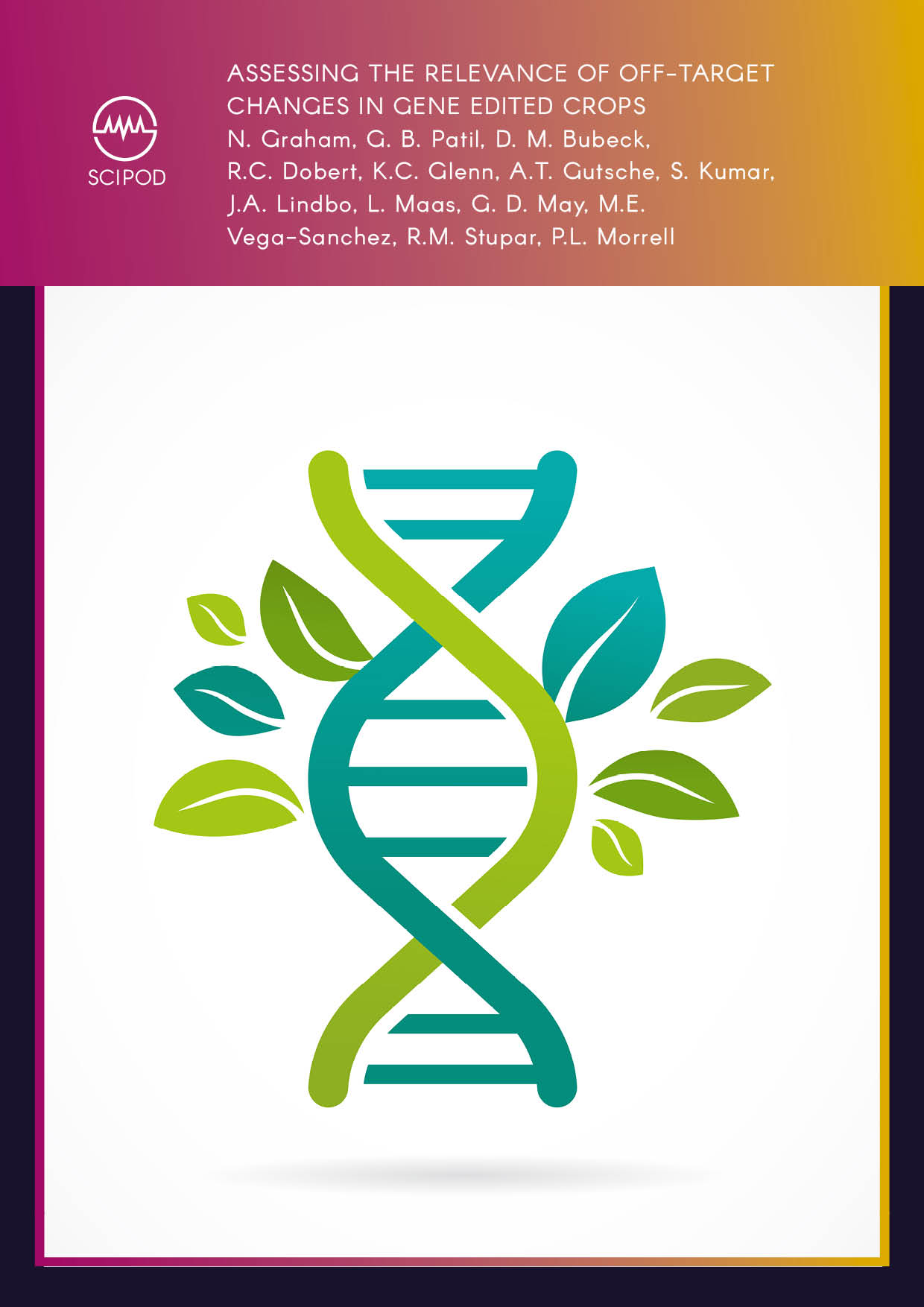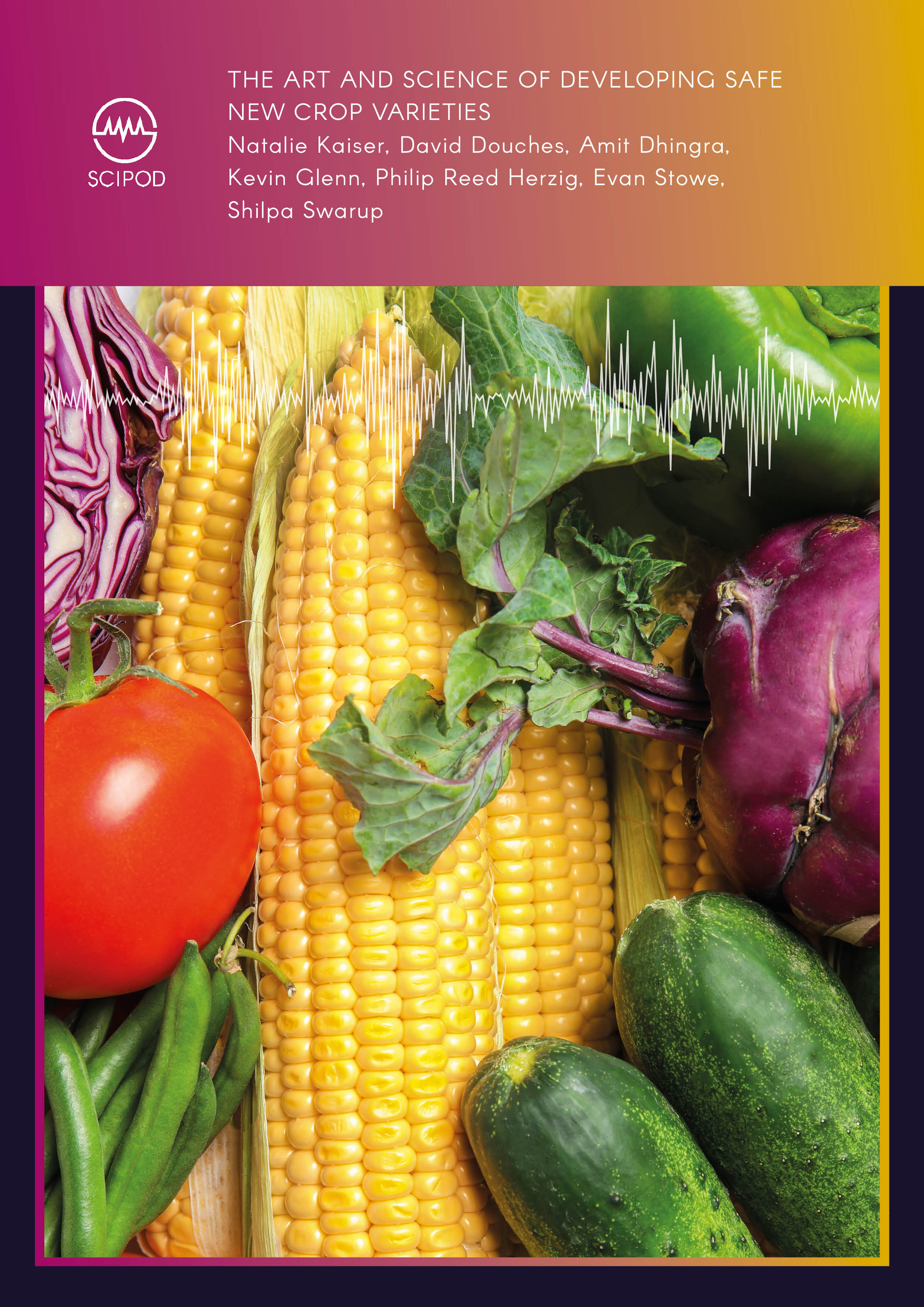Profiting from Disinformation: The Case of Genetically Modified Organisms
Original Article Reference
This SciPod is a summary of the paper ‘Monetizing disinformation in the attention economy: the case of genetically modified organisms (GMOs)’, from the European Management Journal.
https://doi.org/10.1016/j.emj.2019.11.002
Conflict of interest and funding disclosures
Over the development, execution, and publication of this study, all authors were employed by Bayer Crop Science. Thus, the work was funded by Bayer Crop Science.The production of this SciPod was commissioned by Bayer CropScience. As of 2020, author Ryan Butner is employed by Pacific Northwest National Laboratory (PNNL).
Share Episode
About this episode
As people are now spending a substantial amount of time online, traditional businesses and other vendors try to attract new customers by gaining traction on social media platforms, capturing the attention of users in a variety of ways. This is often achieved by disseminating compelling information, which is not always true or reliable. In a recent study, Dr Camille Ryan and her colleagues at Bayer Crop Science have taken a closer look at the monetisation of disinformation, focusing on the specific case of genetically modified organisms (aka GMOs).
This work is licensed under a Creative Commons Attribution 4.0 International License. 
What does this mean?
Share: You can copy and redistribute the material in any medium or format
Adapt: You can change, and build upon the material for any purpose, even commercially.
Credit: You must give appropriate credit, provide a link to the license, and indicate if changes were made.
Increase the impact of your research
• Good science communication encourages everyday people to be scientifically literate so that they can analyse the integrity and legitimacy of information.
• Good science communication encourages people into STEM-related fields of study and employment.
• Good public science communication fosters a community around research that includes both members of the public, policymakers and scientists.
• In a recent survey, 75% of people suggested they would prefer to listen to an interesting story than read it.

Step 1 Upload your science paper
Step 2 SciPod script written
Step 3 Voice audio recorded
Step 4 SciPod published


